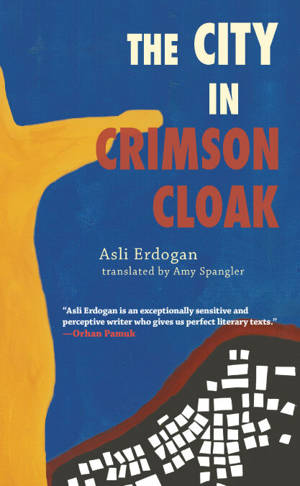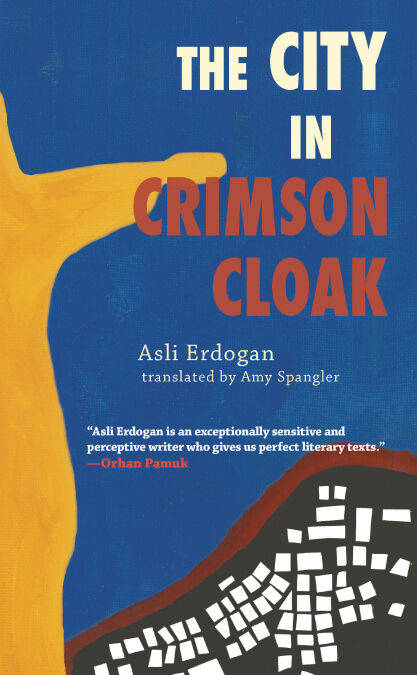
Bedankt voor het vertrouwen het afgelopen jaar! Om jou te bedanken bieden we GRATIS verzending (in België) aan op alles gedurende de hele maand januari.
- Afhalen na 1 uur in een winkel met voorraad
- In januari gratis thuislevering in België
- Ruim aanbod met 7 miljoen producten
Bedankt voor het vertrouwen het afgelopen jaar! Om jou te bedanken bieden we GRATIS verzending (in België) aan op alles gedurende de hele maand januari.
- Afhalen na 1 uur in een winkel met voorraad
- In januari gratis thuislevering in België
- Ruim aanbod met 7 miljoen producten
Zoeken
Omschrijving
From an “exceptionally sensitive and perceptive” Turkish writer and human rights activist (Orhan Pamuk, winner of the Nobel Prize in Literature), the captivating story of a writer whose own autobiographical novel forces her to come to terms with the dichotomy of the city she once loved: Rio de Janeiro.
Özgür is a young woman on fire: poor, hungry, and on the verge of a mental breakdown. She has only one weapon: her ability to write the city that has robbed her of everything, Rio de Janeiro. Through the reading of the bits and pieces of Özgür’s unfinished eponymous novel, with its autobiographical protagonist named Ö, Özgür’s story begins to emerge.
As Özgür follows Ö through the shanty towns, Condomble rituals, and the violence and sexuality of the streets of Rio, the reader follows Özgür as she searches for a way to make peace with life, a route to catharsis. Together, the two concentric novels reveal the blurry borderline between the two Rio's -- one a metaphor for death, one a city of life. A major hit when it was released in Turkey and Europe, The City in Crimson Cloak is brilliantly evocative and wildly experimental, doing for Rio what Joyce did for Dublin.
Özgür is a young woman on fire: poor, hungry, and on the verge of a mental breakdown. She has only one weapon: her ability to write the city that has robbed her of everything, Rio de Janeiro. Through the reading of the bits and pieces of Özgür’s unfinished eponymous novel, with its autobiographical protagonist named Ö, Özgür’s story begins to emerge.
As Özgür follows Ö through the shanty towns, Condomble rituals, and the violence and sexuality of the streets of Rio, the reader follows Özgür as she searches for a way to make peace with life, a route to catharsis. Together, the two concentric novels reveal the blurry borderline between the two Rio's -- one a metaphor for death, one a city of life. A major hit when it was released in Turkey and Europe, The City in Crimson Cloak is brilliantly evocative and wildly experimental, doing for Rio what Joyce did for Dublin.
Specificaties
Betrokkenen
- Auteur(s):
- Vertaler(s):
- Uitgeverij:
Inhoud
- Aantal bladzijden:
- 192
- Taal:
- Engels
Eigenschappen
- Productcode (EAN):
- 9781593766924
- Verschijningsdatum:
- 27/05/2007
- Uitvoering:
- E-book
- Beveiligd met:
- Adobe DRM
- Formaat:
- ePub

Alleen bij Standaard Boekhandel
+ 13 punten op je klantenkaart van Standaard Boekhandel
Beoordelingen
We publiceren alleen reviews die voldoen aan de voorwaarden voor reviews. Bekijk onze voorwaarden voor reviews.









